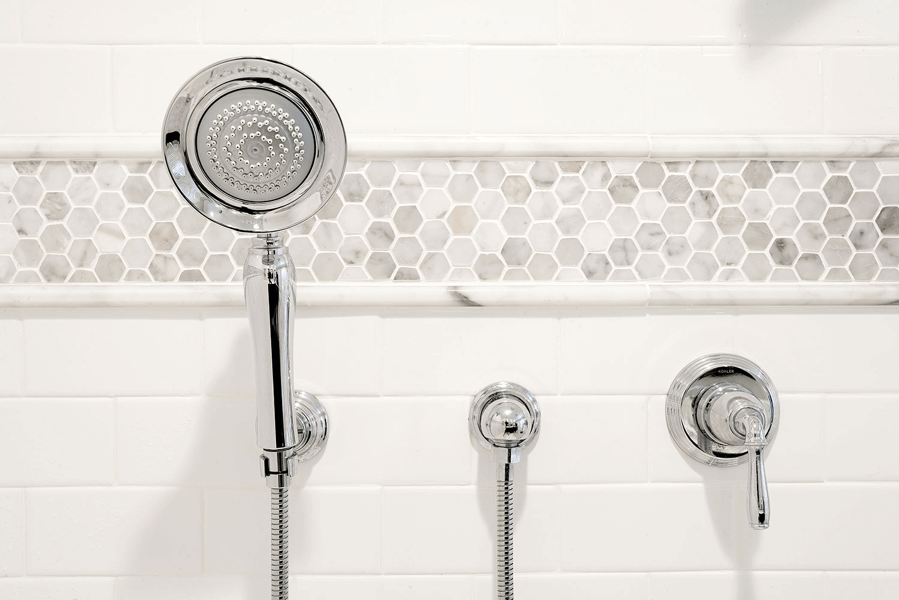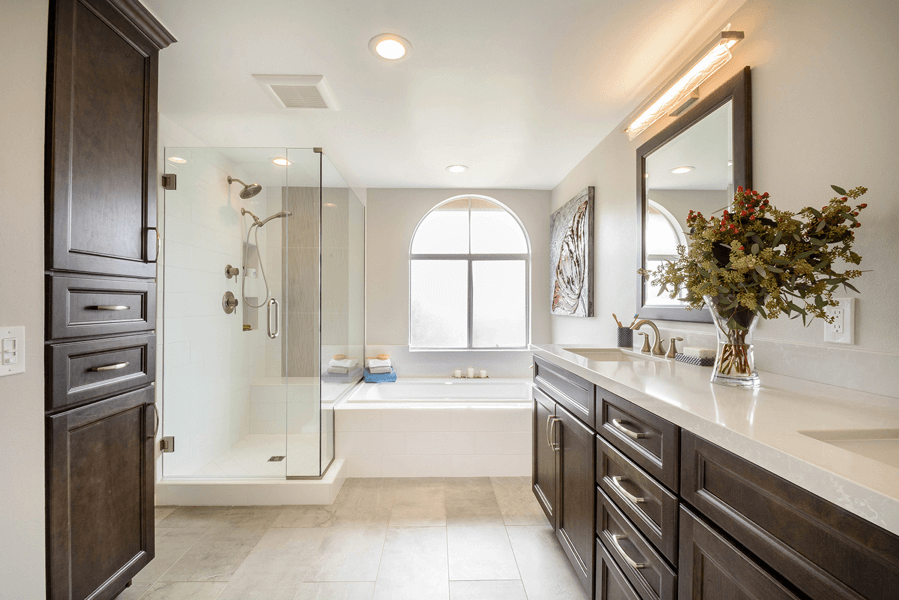Today we’re going to talk about a question that I get that all the time; “Why do I need a permit for my bathroom project if I’m not moving anything? Everything is staying in the same location; I’m not doing anything structural, why do I need a permit?”
There are contractors out there that will tell you that you don’t need a permit and it’s absolutely not true. We recently surveyed 62 cities and counties where we work and without fail, 100% of every city and county said you absolutely need a permit even if you change a faucet, even if you change a light or an outlet. But why are permits required? That’s the big question…
The main purpose of a permit is to ensure that whomever is doing the work is doing it properly and to code. Safety is of concern, energy code is of concern and water economy is of concern, especially in California. So those are very real reasons. Ensuring your contractor does a good job for you is part of the city’s responsibility, which is why they come out and do inspections during and after the remodel.

So what could happen? Maybe you didn’t pull a permit and your contractor came and tore your shower out, put a new shower pan in and finished the shower. It’s all over and now the shower leaks. It wasn’t inspected by anybody, your contractor did it incorrectly and now you’re stuck with a shower pan that leaks or having to fight with your contractor to rip it out and start over, along with fighting for who’s going to pay for it as well as dealing with the inconvenience.
When an inspector comes out, before things are finalized he/she will inspect that the construction meets current codes and standards. At a shower, for example, they actually require us to fill a shower pan with water after we waterproof it, before we tile it, so they can see that the water doesn’t seep out of the pan. Once the vertical pipes and valves are installed, before the shower is covered with tile, they’ll inspect for leaks there. They’re going to look at electrical – is the wiring proper, is it grounded, could you get shocked and be injured? Are the can lights, especially in wet areas like over a tub or shower sealed to protect you from accidentally getting shocked if touched? Those are things that would never pass code and that an inspector is there to verify.

So there are a lot of safety concerns regarding what goes on in the bathroom. Is the shower glass or window above a tub tempered for your safety? Is the outlet far enough from the tub and also grounded to keep you safe there? There are a lot of elements during and after the construction that are looked at not just for code but for your safety and quality control.
So that’s really the purpose of a permit. To ensure your contractor is doing things in a safe and proper manner, as well as making sure compliance is met for energy I water efficiency. In the end, making your space and the quality of like in it the best it can be.



